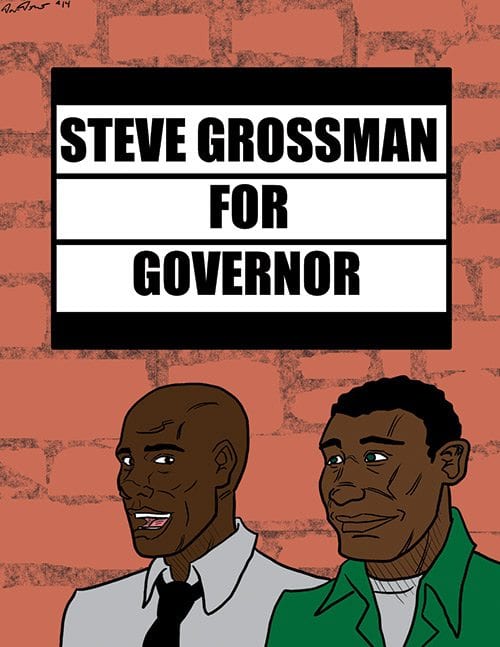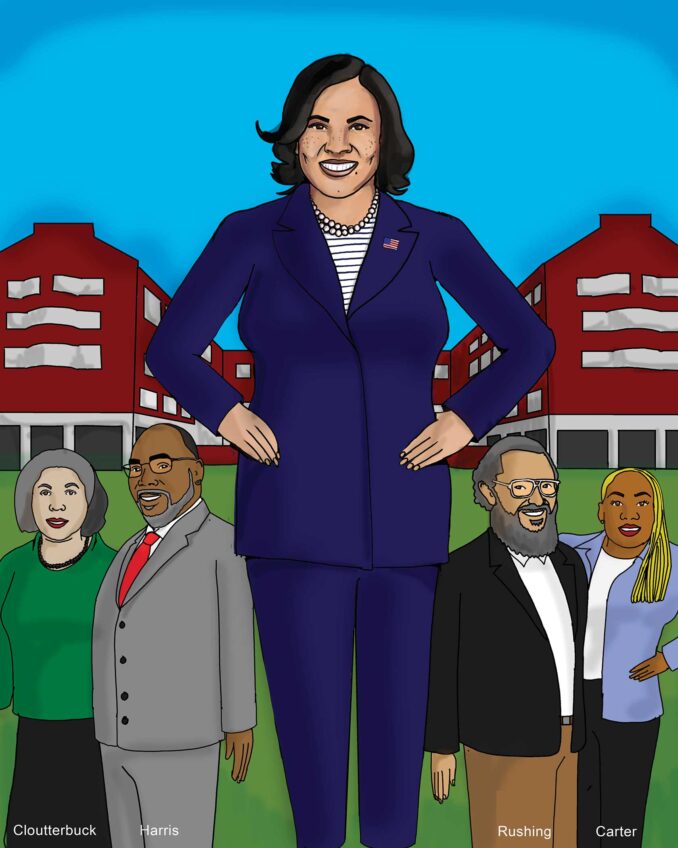
Voters must give considerable thought to who they want to succeed Deval Patrick as governor. Sultry summer days do not induce great interest in the rigors of political campaigning, but there is an urgent and unavoidable truth. If the candidate you prefer does not win the primary election on Tuesday, Sept. 9, then your preference becomes irrelevant.
Thoughtful citizens have to be concerned about Gov. Patrick’s successor. Deval has raised the level of performance for the governor to such a high standard that no one wants to slide backward. Deval is a visionary with managerial skills to implement his ideas. During his administration, Massachusetts became a national leader in both public education as well as the development of life science projects.
Other achievements include the development of business and technology innovation, criminal justice reform and greater government efficiency. But most important of all, Deval’s administration maintained an open door for citizens who are often ignored and marginalized because of race or their country of origin. Everyone became part of the body politic.
Every candidate for governor will undoubtedly assert that he or she can perform in office as well as Deval. That is to be expected in a political campaign. But the resumé of only one candidate assures voters of the capacity to live up to the Gov. Patrick legacy. Only Steve Grossman’s record indicates that he has the ability and the innate interest to perform as governor at the exalted level established by Deval.
As state treasurer, Grossman turned a staid office into a hotbed of innovation. Customarily, the treasurer simply deposited all the Commonwealth’s funds in banks that were considered to be too big to fail. That supposedly eliminated risk but provided no benefit to state residents whose taxes had provided the funds. Grossman decided to utilize some of the funds to provide jobs.
Economists have determined that small businesses are an abundant source of employment. Unfortunately, the difficulty in finding capital restricted business growth and an increased number of jobs. Grossman developed the Small Business Banking Partnership to help resolve the problem. He deposited more than $350 million into 54 community banks that agreed to make loans to small businesses. As a result, the banks have made nearly 8,000 loans with a value of more than $1 billion, and there have been many more jobs.
Grossman promised that as soon as he took office, the staff of the Treasurer’s Office and the State Lottery would reflect the racial diversity of Massachusetts. He rejected the old excuse that it was difficult to hire competent employees with different racial and ethnic backgrounds. Of the 240 employees he has hired, 35 percent come from ethnically diverse backgrounds.
Grossman’s advocacy of opportunities for women was equally strong. As chairman of the Pension Reserves Investment Management board that manages $55 billion of the state’s pension funds, he saw to it that companies in which PRIM had invested would receive a negative proxy vote if they did not have a diversity policy for women and so-called minorities and if women and people of color were not on the boards of directors.
No group of voters is better informed about Grossman’s achievements than his colleagues in the Democratic Party. At their convention in June they voted him top pick for governor. Unfortunately all of the electorate is not sufficiently informed about Grossman’s merits to come decidedly to the same conclusion.
There are only seven weeks left before the primary election. Political activists should organize to inform the public of Grossman’s qualifications and mobilize a massive voter turnout. Why should the community have to settle for second best?






